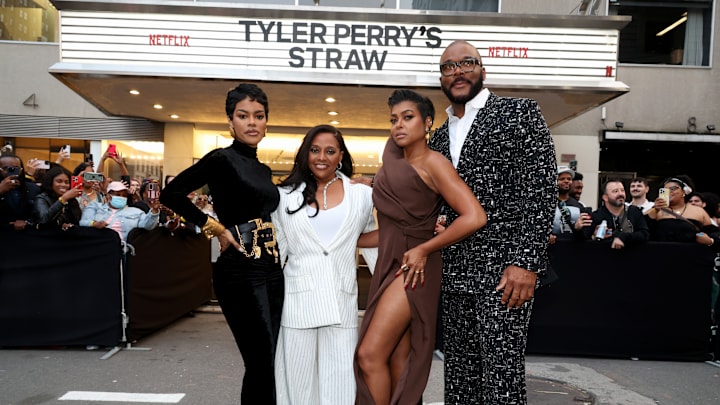If you have ever lived paycheck to paycheck or watched your plans fall apart under the weight of bills, illness, and exhaustion, Straw—a powerful new drama on Netflix—might hit a little too close to home.
Directed by Miranda Spigener-Sapon and starring Camille Calvin, Straw is a subtle but devastating portrait of what it’s like to live on the edge of survival.
This is not your typical Netflix drama. It’s slow, emotionally heavy, and intensely real. And for those who’ve faced hard times, it’s a mirror—one that’s not always easy to look into.
Straw movie review: A hauntingly real look at life on the edge
Set over a single unraveling day, Straw tells the story of a single mother doing everything she can to care for her sick child while trying to stay afloat financially. What begins as a simple goal—bringing $40 to her daughter’s school—quickly spirals into a series of painful roadblocks.
And for those of us who’ve ever been there, you know how quickly one thing going wrong can turn into everything falling apart.
For me, Straw was absolutely heart-wrenching. It reminded me of what it’s like to live on almost nothing, just barely hanging on, hoping the next check will catch you up, but knowing deep down, it won’t. It’s the raw portrayal of a woman trying to hold it together as everything around her slips out of reach.
Camille Calvin delivers a stunning, emotionally restrained performance. Her quiet glances and exhausted silence say more than words ever could. And that’s part of what makes this film so moving—it trusts the audience to listen to what isn’t being said.
Straw captures the mental toll of poverty in a way few films dare
We talk a lot about financial struggle in theory, but Straw shows you how it feels. How every delay, every missed bus, every condescending encounter chips away at your mind and heart. Every scene builds pressure, and you can’t help but wonder when she’ll break—and what that break will look like.
I’m sure most people have had moments where they’ve felt like they were at their last straw. Maybe your car broke down and wiped out your savings. Maybe you had to cover a medical expense that insurance didn’t cover. That’s the kind of quiet chaos this film brings to life. It’s a brutal but honest reminder of how close many of us are to the edge.
Why Straw stands out among Netflix's 2025 dramas
The tone is unflinching and slow, but never boring. Straw respects the complexity of trauma and survival—it doesn’t glamorize hardship or rush to offer resolution. This isn’t the kind of film that wraps everything up with a bow. It leaves you with more questions than answers. But strangely, that’s what makes it feel authentic.
And after watching it, I felt surprisingly grateful. Grateful for the things I still have. For a moment of quiet. For stability, however fragile. Because this movie makes you realize how easily it can all be taken away—and how terrifyingly human it is to wonder what you would do in her shoes.
If you’re looking for a loud, action-packed distraction, Straw probably isn’t it. But if you’re open to a quiet, emotionally raw experience that will sit with you long after the credits roll, this film is worth your time. Straw doesn’t shout. It doesn’t even cry. It quietly aches—and that ache feels all too real.
